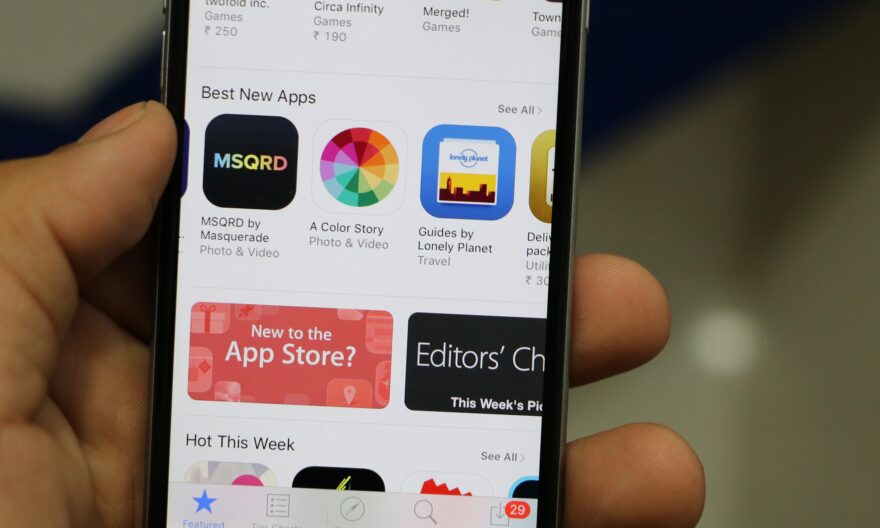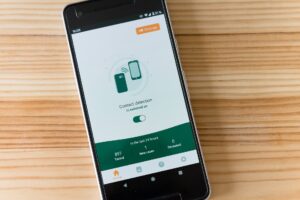
In order to provide greater transparency to users, Apple has announced the launch of its new privacy feature, “App Privacy labels”.
The new system was announced in June as part of a push to improve the privacy and security of users of the App Store, by providing clear information on how data is used.
Apple says, “A transparent overview of an app’s privacy practices is key to building trust with potential users.”
“Developers now have the opportunity to detail their app’s privacy practices right in the App Store for users to review, including the types of data the apps might collect, whether that data is shared with third parties, and the option for users to opt out.”
How does it work?
The new system will work in a similar way to “nutrition labels” and apps will be sorted into three main categories: “data used to track you,” “data linked to you,” and “data not linked to you.”
The first label, “Data linked to you”, refers to data that can be used to identify a user, such as name, age, date of birth, work history, or country of residence. Many apps collect this type of information as it’s often collected to create a profile.
The “Data not linked to you” category refers to data that’s collected by the app but not tied to an individual user, such as browsing history or location data.
Lastly, the “Data used to track you” means device or user data is collected from the app or website and can be shared with data brokers for advertising or other purposes.
Updated privacy policy
In addition to this, Apple’s privacy policy has now been updated. The new policy is easier to read and provides a clearer idea to consumers on what counts as personal data.
It states: “At Apple, we believe strongly in fundamental privacy rights — and that those fundamental rights should not differ depending on where you live in the world.
“Thatʼs why we treat any data that relates to an identified or identifiable individual or that is linked or linkable to them by Apple as ‘personal data,’ no matter where the individual lives.”
“This means that data that directly identifies you — such as your name — is personal data, and also data that does not directly identify you, but that can reasonably be used to identify you — such as the serial number of your device — is personal data.”



